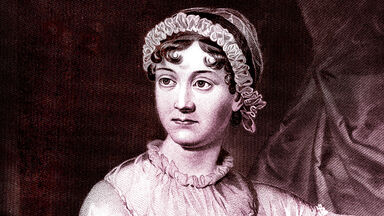In the Yale Divinity School his influence was powerful, and in 1833 one of his foremost opponents, Bennet Tyler (1783-1858), founded in East Windsor a Theological Institute to offset Taylor's teaching at Yale.
In 1840 the appearance of Chemistry in its Application to Agriculture and Physiology by Justus von Liebig set on foot a movement in favour of scientific husbandry, the most notable outcome of which was the establishment by Sir John Bennet Lawes in 1843 of the experimental station of Rothamsted.
Of these stations the greatest, and the oldest now existing, is that at Rothamsted, Harpenden, Herts, England, which was founded in 1843 by Sir John Bennet Lawes.
To the original members were afterwards added several remarkable persons, amongst whom were Josiah Wedgwood, Bennet Langton (Dr Johnson's friend), and, later, Zachary Macaulay, Henry Brougham and James Stephen.
Christopher Bennet (1617-1655) wrote an important work on consumption in 1654.





